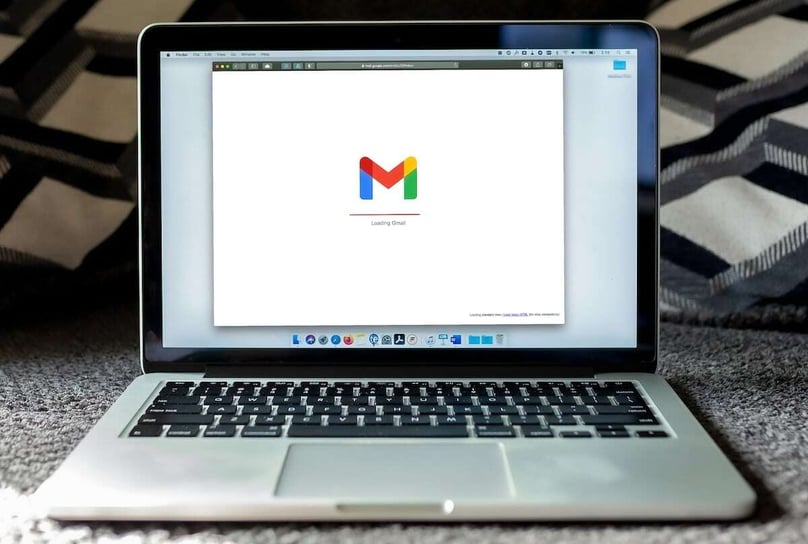
Every year, more and more personal data is collected thanks to first-party cookies and third-party cookies. Because of that, it is more and more important to ensure that this data is collected in a responsible way, but above all in a secure manner.
To regulate the collection and use of data, Europe has developed the General Data Protection Regulation, or GDPR in May 2018. Since then, more and more companies have become aware of data collection, like Google which announced its plan to delete third-party cookies as early as 2022.
As an entrepreneur or marketer, deleting third-party cookies can seem rather problematic. Some wonder if this is the end of digital advertising? The answer is no, although it will impact the way we do digital marketing.
To help you see more clearly and prepare yourself, here is Globalia's analysis of the situation. Good reading!
What's a cookie?
In 2021, everyone has already visited an e-commerce site before opening their Facebook account to see (surprise surprise!) the previously viewed products there. This is commonly referred to as targeted advertising or retargeting. This type of advertising is possible thanks to cookies, which are saved by browsers.
In computing, cookies are files that are stored on your computer by a website or application. Cookies store information, such as your name, email, street address, etc. It because of the cookies that certain fields are pre-filled when you order things online.
The data stored by cookies can also be analyzed by companies in order to better understand your preferences and offer you targeted advertising.
Cookie types
First-party cookies
First-party cookies are files created, published and managed by websites. These cookies make sure to save your basket, the items you have recently viewed and your general preferences.
This information collected by cookies helps make the user experience more pleasant.
Third-party cookies
Third-party cookies are cookies that are stored on another domain, like in the browser you are using, such as Chrome, Safari, Mozilla, etc. Third-party cookies are primarily used to track you as you navigate from site to site in order to present you with relevant advertisements.
So, if you have been shopping for shoes on Monday am, it is quite possible that on Monday pm you will see ads for the shoes you viewed on other sites or on social media.
What data is collected by third-party cookies :
- Personal data such as age or gender;
- The websites visited;
- Subpages visited on a website;
- The time spent on each page of the site.
The end of third-party cookies, what it means for your business
The end of third-party cookies is great news for Google, which no longer needs third-party cookies to collect user data through its various services like Gmail, Google Maps, YouTube, etc.
For marketers and entrepreneurs, this is a little less encouraging news. Indeed, they will now have to find new ways to do digital advertising or adopt Google's new tools and become a little more dependent of the digital giant.
For users, this changes basically nothing. The deletion of third-party cookies will have little or no impact on their web experience.
A few solutions to consider
Google's deletion of third-party cookies is a big blow for marketers who will have to adapt and find new solutions that are more respectful of user privacy. When third-party cookies are deleted, it will be more difficult to retarget prospects and identify conversions to the right marketing channel.
However, this is not the end of digital advertising, far from it. Rather, it is an opportunity for companies to find new ways of doing things that will also allow them to gain the trust of their users.
Easier said than done, here is some information to help you adapt your practices when third-party cookies are no longer!
Privacy SandBox
Google is currently working on a new project, the Privacy Sandbox, which would allow marketers to continue their tailored and targeted advertising activities while respecting user privacy.
This project is essentially based on group targeting, therefore less intrusive than the targeted advertising we know today. Thus, individuals would no longer be targeted individually, but rather by group of common interests and histories. Group targeting works through Federated Learning Of Cohorts (FLoC).
This type of targeting helps “hide an individual in a crowd in addition to keeping browsing history private". Group targeting was found to be 95% effective compared to third-party cookie targeting.
In fact, a test version should be available soon for users to start testing and get used to.
The Privacy Sandbox would therefore bring together 5 applications that would make it possible to create audiences, analyze advertisements, reduce fraud, increase security on the web and protect privacy.
Targeted advertising on social media
Targeted social media advertising, already widely used, may be even more popular with the removal of third-party cookies on Google. It is also possible to target users with this method and achieve excellent results.
Social media ad management tools, such as Facebook Business Manager, are very comprehensive and fairly easy to use. They allow you to manage a budget, target audiences, create a marketing campaign and analyze it.
Contextual advertising
Once the third-party cookies are removed, it will be more difficult to target individuals on the various sites they visit. Contextual advertising could thus gain popularity.
This type of advertising involves advertising where there can be interest. For example, you might decide to place an ad for hiking boots on the Mont Saint-Hilaire site, knowing that people who visit this site might be interested in such boots.
It is possible to do this type of advertising using Google tools like Google Ads.
First party cookies
The end of third-party cookies will inevitably cause an increased interest in native cookies. Now you will have to rely on the data collected on your own site and get the most out of it! It will no longer be possible to access data from other sites.
Email marketing
Email marketing, which has already seen some revival since the start of the pandemic, should continue to gain in popularity! Indeed, email marketing is a very effective way to send targeted offers and content to your subscribers.
This type of marketing is akin to targeted advertising and allows subscribers to be segmented based on their preferences and sent the right emails to the right people to ensure results.
In fact, people who receive your emails already have an interest because they have chosen to subscribe to your communications.
We hope that the disappearance of third-party cookies does not affect your marketing strategies too much! If you have any questions or concerns regarding the topic, please don't hesitate to contact us! It will be our pleasure to help you.
PS : If you feel like eating cookies now, my apologies. To remedy that, here's a great chocolate chip cookie recipe.





-Jun-06-2024-01-10-17-0556-PM.jpeg?width=604&name=vue%20js%20(1)-Jun-06-2024-01-10-17-0556-PM.jpeg)